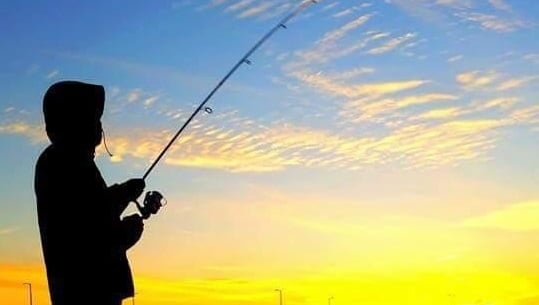In early February, the Atlantic States Marine Fisheries Commission’s (ASMFC) Atlantic Striped Bass Board delayed taking final action on whether to allow commercial quota transfers. Instead, the Board tasked the Technical Committee with conducting stock projections to determine how using more of the commercial quota through transfers would jeopardize population rebuilding. In other words, the Board acknowledges that quota transfers will increase striped bass removals and threaten rebuilding. Yet, they want to see by how much before making a final decision.
While we can understand wanting as much information as possible, in this case, commercial quota transfers are simply a bad idea right now and not worth the risk regardless of the exact degree to which rebuilding will be impacted.
Over 2,000 public comments (including 1,054 Keep America Fishing supporters) oppose allowing commercial quota transfers because of population rebuilding concerns. Opposition from the recreational fishing community comes on the back of significant sacrifices in both 2014 and 2019 to end overfishing and begin rebuild the iconic striped bass fishery. Therefore, it comes as no surprise that anglers oppose giving the commercial fishery a conservation pass by allowing more striped bass removals through commercial quota transfers.
The Board previously considered, but rejected, allowing commercial quota transfers in Amendment 5 (1995) and Amendment 6 (2014). During that time, the Technical Committee raised concerns that commercial quota transfers had the potential to increase removals at a time when the resource needed further conservation to achieve Fishery Management Plan (FMP) goals and population rebuilding. According to the 2022 Atlantic Striped Bass Stock Assessment Update, spawning stock biomass is estimated to be below both the 1995 and 2014 levels and still has a long way to rebuild to the target. Consequently, the previous concerns of the Technical Committee are still valid, yet that wasn’t enough caution for the Board to dispense with this action.
What makes the Board’s decision to delay even more perplexing, is that North Carolina, the only state with unused commercial quota available, opposed commercial quota transfers over concerns about stock rebuilding at ASMFC’s February meeting. So, at its May meeting, the Board will once again take up the question of whether to allow commercial striped bass quota transfers against a backdrop of a long policy history, thousands of public comments in opposition, and a lack of support from the one state that is critical to the action’s implementation. With those headwinds in mind, we hope the Board will refocus their efforts on rebuilding the striped bass fishery, as we still have a long way to go.
Share This Article, Choose Your Platform:
Recent Posts



